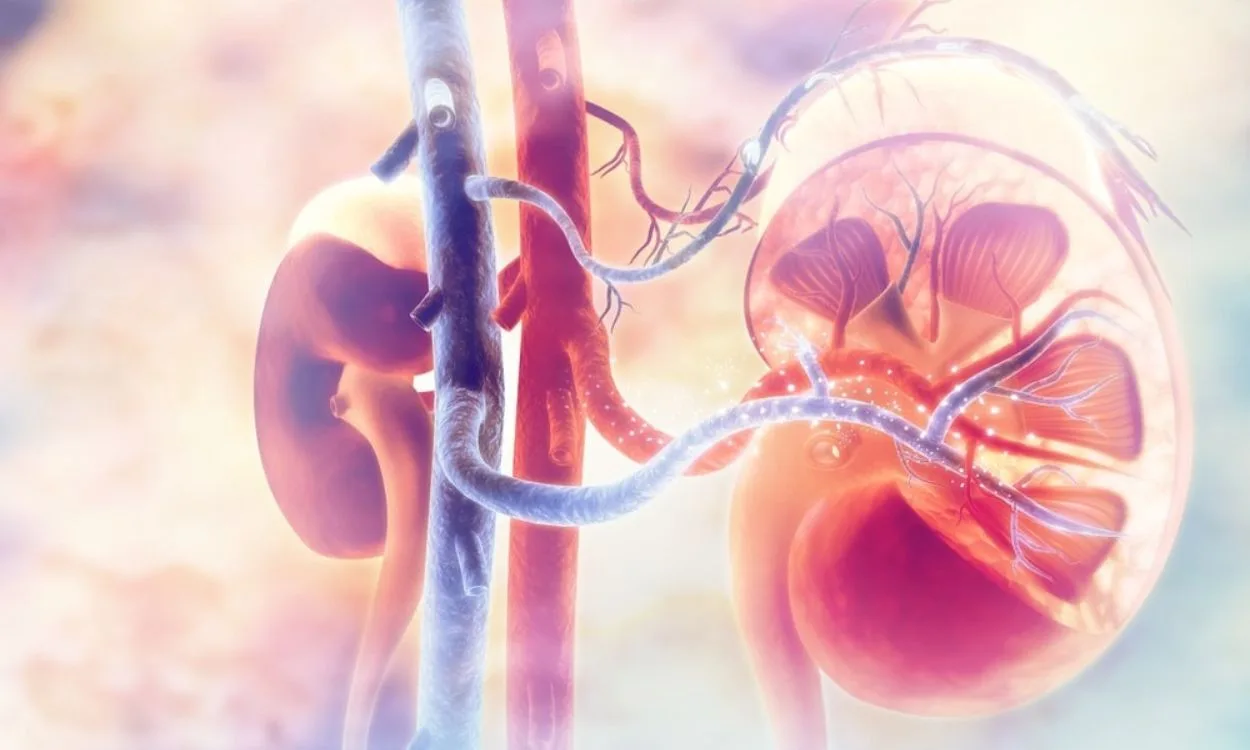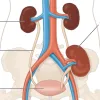What are the Potential Complications of Kidney Transplantation?
Kidney transplantation is a surgical procedure in which a healthy kidney from a donor is placed into a recipient’s body to replace a damaged or non-functioning kidney. While kidney transplantation is a life-saving treatment option for individuals with end-stage renal disease, it is important to be aware of the potential complications that may arise after the procedure. In this article, we will discuss the various complications that can occur following a kidney transplant.
1. Rejection: One of the primary concerns after kidney transplantation is the risk of rejection. Rejection occurs when the recipient’s immune system recognizes the transplanted kidney as foreign and attacks it. To minimize the risk of rejection, recipients are typically prescribed immunosuppressant medications that suppress the immune system. However, even with these medications, there is still a chance of rejection. Rejection can be detected through blood tests and biopsies, and if detected early, it can often be successfully treated.
2. Infection: Due to the immunosuppressive medications used post-transplant, recipients are more susceptible to infections. Common infections that can occur include urinary tract infections, respiratory infections, and viral infections such as cytomegalovirus (CMV) and Epstein-Barr virus (EBV). Infections can be treated with antibiotics or antiviral medications, but it is important to monitor for any signs of infection and seek medical attention promptly.
3. Surgical Complications: As with any surgical procedure, there are risks associated with the transplantation surgery itself. These may include bleeding, blood clots, infection at the surgical site, and damage to surrounding organs or blood vessels. Surgeons take great care to minimize these risks, but complications can still occur. Close monitoring and prompt medical attention are essential in the early post-operative period.
4. Side Effects of Medications: The immunosuppressant medications prescribed to prevent rejection can have various side effects. These may include increased risk of infections, high blood pressure, high blood sugar levels, osteoporosis, and weight gain. Regular monitoring and management of these side effects are necessary to ensure the overall well-being of the recipient.
5. Kidney Function Issues: In some cases, the transplanted kidney may not function optimally or may not function at all. This can be due to various factors such as blood clots, problems with the blood supply to the kidney, or complications related to the surgical procedure. Regular monitoring of kidney function through blood tests is crucial to detect any issues early on.
6. Cardiovascular Complications: Individuals with kidney disease often have underlying cardiovascular issues. While a kidney transplant can improve kidney function, it does not completely eliminate the risk of cardiovascular complications. Recipients need to manage other risk factors such as high blood pressure, high cholesterol, and diabetes to reduce the risk of cardiovascular events.
7. Long-Term Complications: Over time, individuals who have undergone kidney transplantation may experience long-term complications. These may include chronic rejection, which is a gradual and progressive decline in kidney function, as well as the development of conditions such as diabetes, high blood pressure, and bone disease. Regular follow-up visits and ongoing medical management are essential to monitor and address these long-term complications.
It is important to note that while these complications can occur, many kidney transplant recipients go on to lead healthy and fulfilling lives. Close monitoring, adherence to medication regimens, and proactive management of risk factors can significantly reduce the likelihood and severity of complications.
Now, Explore Fitpaa to Optimize Your Health and Fitness Goals
Now that we have discussed the potential complications of kidney transplantation, it is crucial to prioritize your overall health and well-being. Fitpaa, an AI-driven metabolism monitoring and management technology, can help you achieve your health and fitness goals effectively and safely. Here’s how Fitpaa can assist you in your journey:
- Metabolism Assessment: Fitpaa’s Metabolism Assessment evaluates the root cause of your health condition by assessing your current metabolism. By understanding your unique metabolic profile, Fitpaa can provide personalized recommendations tailored to your specific needs.
- Fitpaa Capsule: After the metabolism assessment, Fitpaa prepares a personalized Fitpaa Capsule based on your metabolism, health goals, lifestyle, and eating habits. This comprehensive capsule incorporates medical therapy, exercise therapy, nutrition therapy, and cognitive behavior therapy to optimize your metabolism and achieve your health and fitness goals.
- Real-time Guidance and Tracking: Fitpaa’s Real-time Guidance technology assists you throughout the day, providing habit-building techniques, timely nudges, and purpose-finding methods from cognitive behavioral therapy. The Fitpaa mobile app offers tools like a virtual workout trainer, diet tracker, performance tracking, and progress tracking, simplifying the process of following your Fitpaa Capsule.
- Expert Support: With Fitpaa, you have access to a team of fitness coaches, nutritionists, and doctors who regularly review your progress and make necessary adjustments to your plan. This ensures that you receive the support and guidance you need to achieve your health and fitness goals.
Fitpaa’s commitment to your success is unwavering. The Fitpaa app provides a user-friendly and comprehensive platform to guide you towards a healthier and happier life. It’s time to prioritize your well-being and experience the joy of achieving your health and fitness goals with Fitpaa.
To get started on your journey with Fitpaa, download the Fitpaa app today and unlock your full potential. Your well-being is our mission, and we are here to support you every step of the way. Don’t let anything hold you back – take charge of your health and fitness now!
Note: Fitpaa is a transformative health and fitness platform and should not be considered as a substitute for medical advice. If you have any specific health concerns or medical conditions, please consult with your healthcare provider before starting any new fitness or nutrition program.









